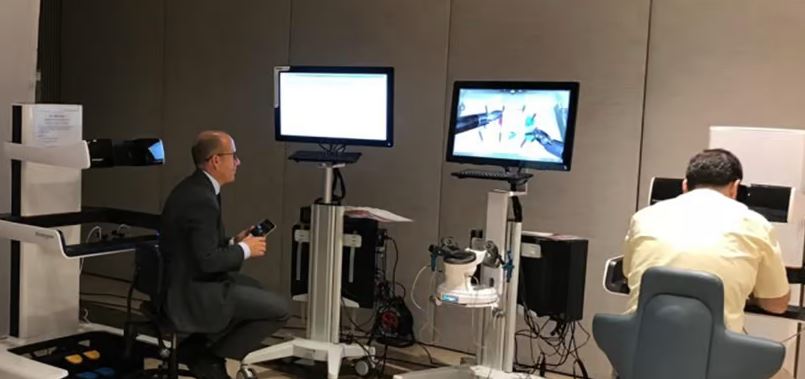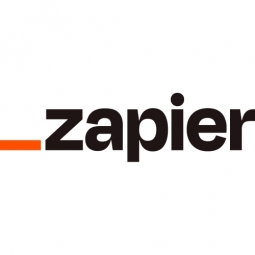IoT Efficiency Transformation: A Case Study on Free State Project
- Education
- Sales & Marketing
- Time Sensitive Networking
- Track & Trace of Assets
Free State Project, a nonprofit based in Manchester, New Hampshire, is committed to promoting liberty and education. Their mission is to recruit and organize over 20,000 pro-liberty activists. However, being a small operation, they faced challenges in managing their limited time and resources effectively. Their operations included sending thank you emails to donors and activists, tracking payments to independent contractors, and keeping a record of additional expense details and event sales information. These processes were entirely manual, leading to an increased likelihood of mistakes and errors. The manual processes also resulted in time and resource inefficiencies, hindering the organization from focusing on their primary goals.
Free State Project is a nonprofit organization based in Manchester, New Hampshire. They are committed to the unalienable rights as set forth in the United States’ Declaration of Independence, the rights to 'Life, Liberty, and the Pursuit of Happiness'. The organization is dedicated to the education and promotion of human liberty, free markets, and the state of New Hampshire. As a small operation, they strive to leverage their limited time and resources to achieve their principal goals, which include recruiting and organizing over 20,000 pro-liberty activists.
To overcome these challenges, Free State Project implemented the Zapier platform. Zapier, an online automation tool, connects different applications and allows them to work together. By leveraging this platform, the nonprofit was able to automate their manual processes, thereby significantly increasing their operational efficiency. The automation reduced the likelihood of mistakes, allowing the organization to focus more on driving their mission. With the help of Zapier, they were able to achieve their goal of recruiting 20,000 activists in February 2016. The platform not only streamlined their operations but also enabled them to utilize their limited resources more effectively.
Related Case Studies.











